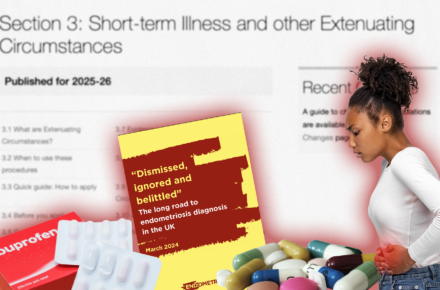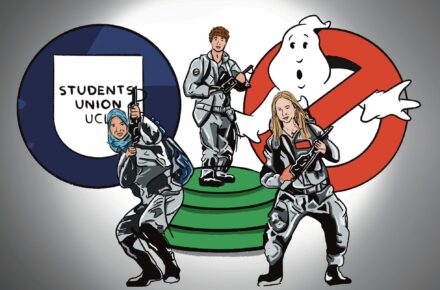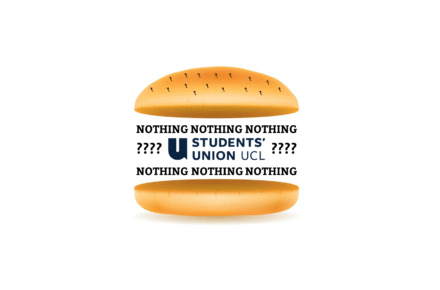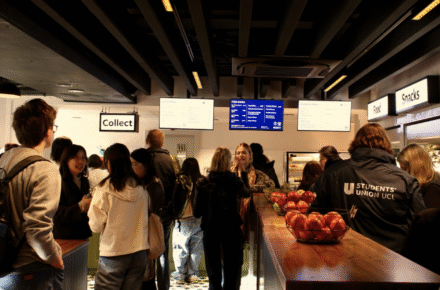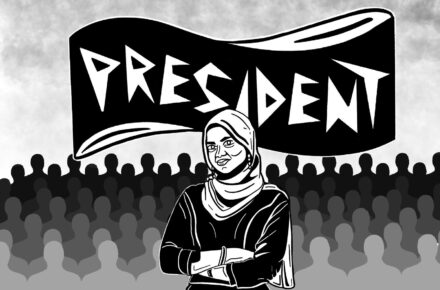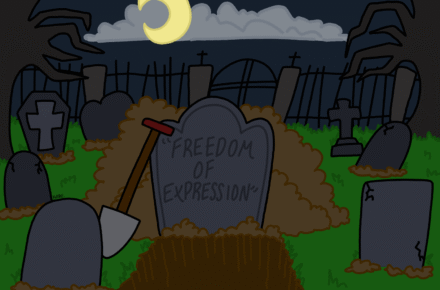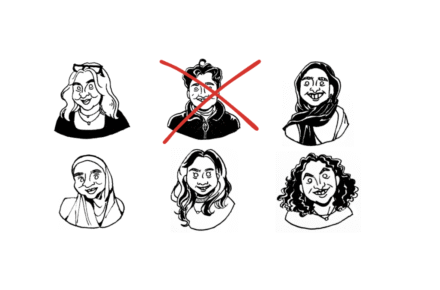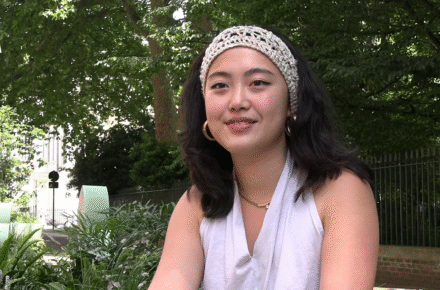The controversial plan to move AGMs online appears to have been much ado about nothing, with the majority of UCL’s 268 societies opting out of online elections.
Last month, a motion passed by UCL Council ensured that societies would be allowed the choice to opt-out of the forced switch to online democracy.
Though Carl Salton-Cox, the Union’s Societies and Media Manager, put on a brave face and expressed gratitude in an email to Union members for their “support in getting on board with the new system,” when asked by The Cheese Grater how many societies had opted out, Salton-Cox remained tight lipped and replied with a brief statement:
“184 clubs and societies opted out of online elections.”
In other words, out of UCL’s 268 societies, only 84 will be having elections for Presidents and Treasurers online. Or if you like your data presented graphically:
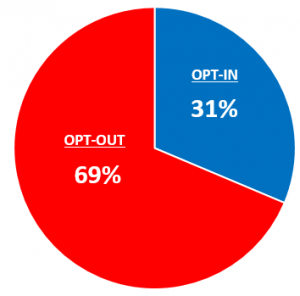
Which is all the more impressive, considering the Union only gave societies four days to opt out of the new system. If only the Union could react that quickly to emails sent by us…
Nevertheless, the attempted switch to online democracy has come with plenty of hurdles.
Members of The Cheese Grater were shocked to find that they were still on the mailing list for the online voting system, despite having already opted out. When The Cheese Grater asked Salton-Cox about the mix up, he apologised, saying that the switch to online democracy was “a huge administrative task”.
Clearly, Salton-Cox bit off more than he could chew considering this was an administrative task entirely of his own making.
Online elections were the brainchild of Salton-Cox and Alex McKee, Head of Student Engagement and Communication, with Ilyas Morrison, the Activities Officer, strongly advocating them. It was thought that moving the system online would increase accessibility.
The switch to online democracy, re-branded as “Leadership Elections,” was first initiated at Imperial, where both Salton-Cox and McKee worked before coming to UCL. While you would think that these seasoned harbingers of change would have made the transition to online elections smooth and successful, it seems that a lack of leadership is plaguing UCL’s Leadership Elections.
Dodgy timelines and the fact that only President and Treasurer could be elected online meant that Photo Society and Japan Society opted out of online democracy. Fausta Gabola, President of Photo Society feared that in switching to online voting, the turnout for the AGM to elect other committee positions would be too low.
For bigger societies, AGMs were always plagued by low turnouts, and as such the move to online elections may actually be beneficial.
Which all together makes the Union’s decision to force through this change for all societies back in Christmas even more strange. The idea clearly works better for some societies than others. So why not give societies the choice at the start?
Democracy (online or otherwise) works both ways.
Jasmine Chinasamy


